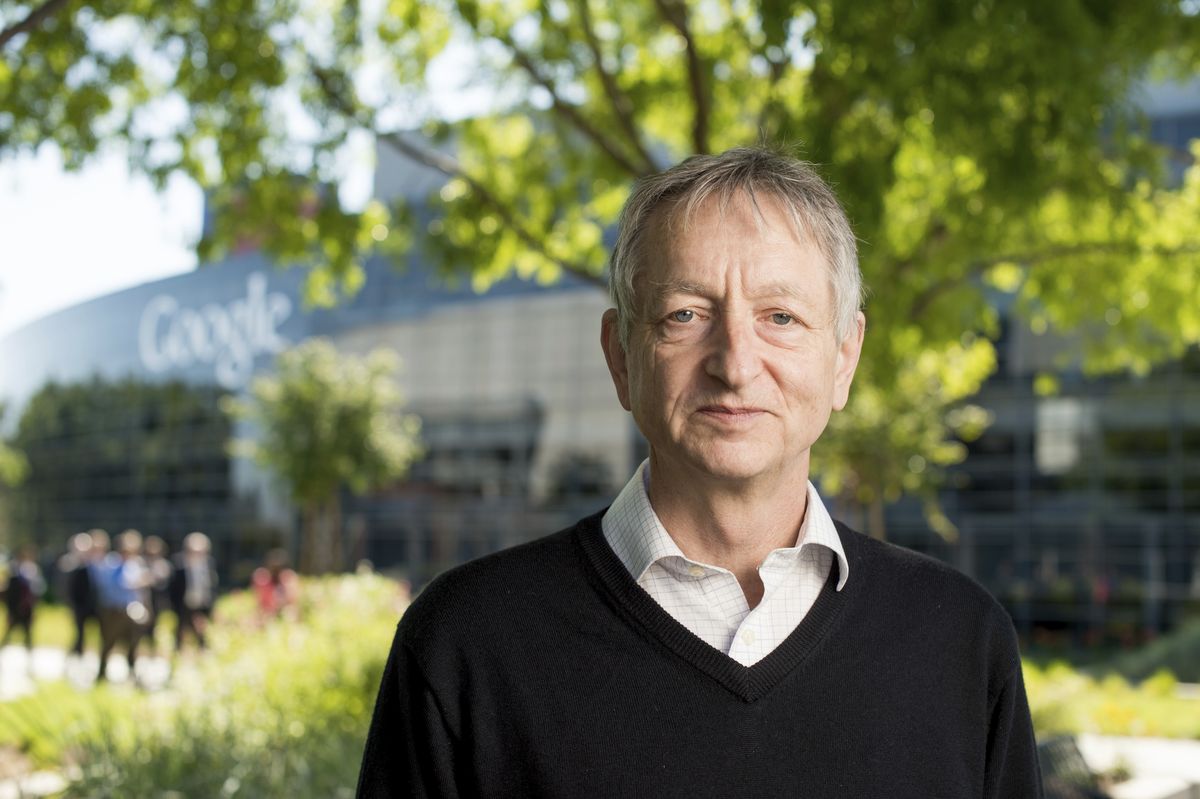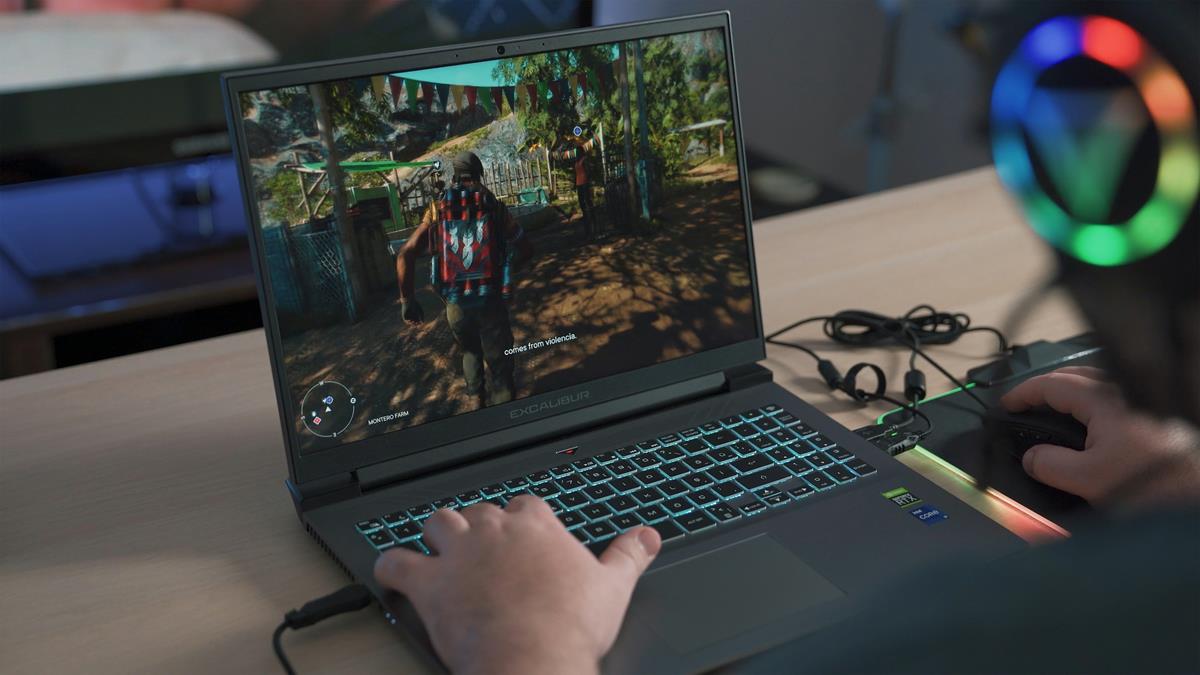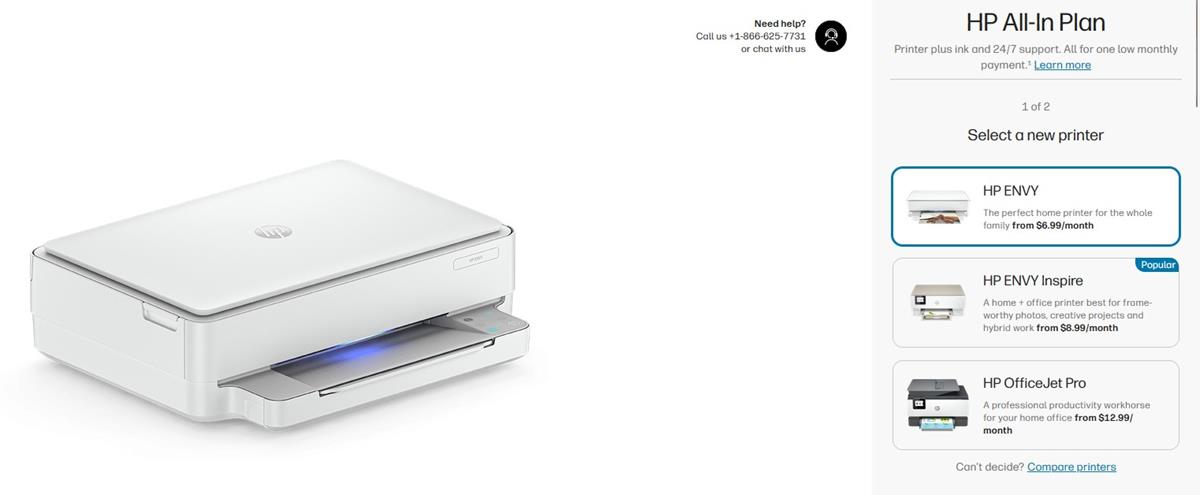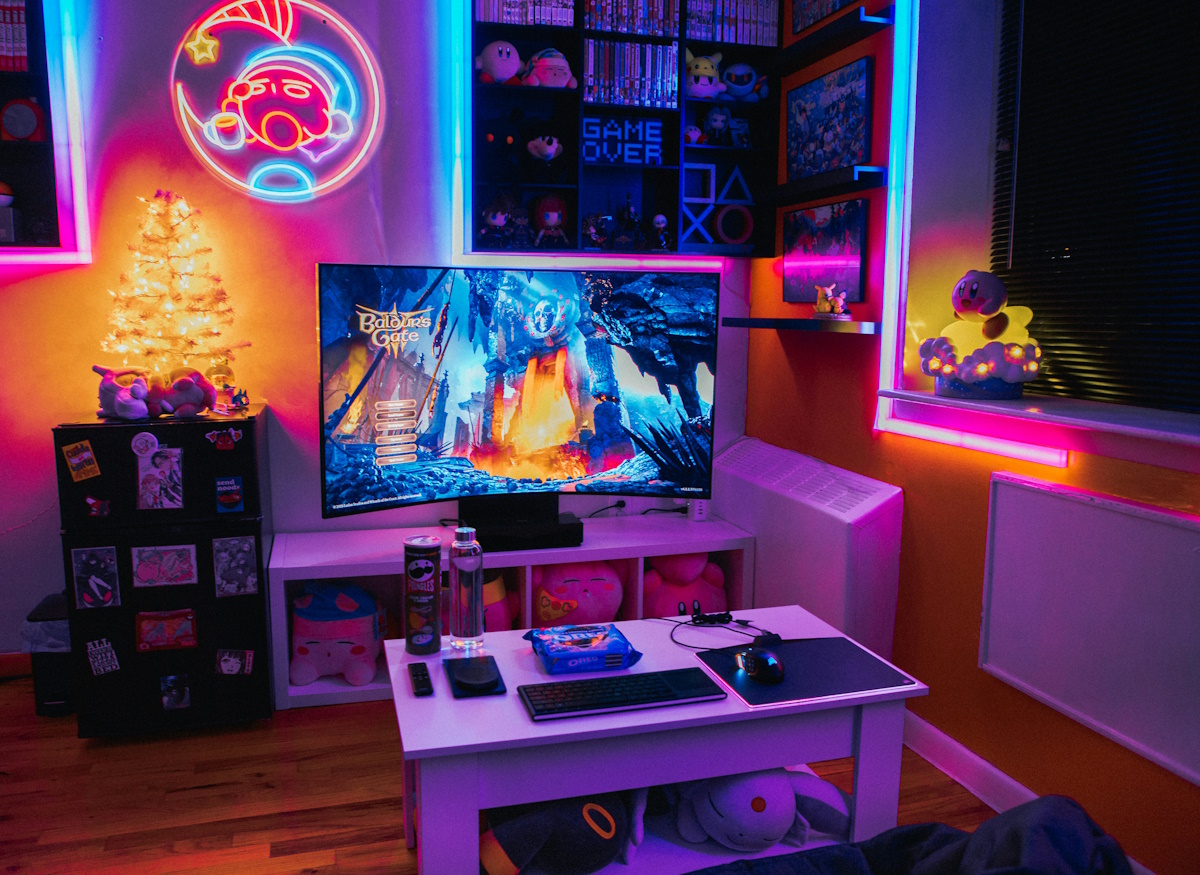Top AI titans unite to sign a letter against AI dangers

The top AI leaders like Sam Altman and Geoffrey Hinton will come together to sign an open letter to acknowledge the dangers of artificial intelligence, including its harm to humanity in any way.
This week, the "godfather" of AI, Geoffrey Hinton, and others signed a statement to lessen the threat that AI poses to the survival of humans. The statement's introduction calls on business decision-makers to openly debate the greatest risks posed by AI. The letter includes the signatures of some of the most popular names in the industry, including OpenAI's CEO and co-founder Sam Altman, Anthropic's CEO Dario Amodei, Google DeepMind's CEO Demis Hassabis, Microsoft's CTO Kevin Scott and many more important names.
"AI experts, journalists, policymakers, and the public are increasingly discussing a broad spectrum of important and urgent risks from AI. Even so, it can be difficult to voice concerns about some of advanced AI’s most severe risks. The succinct statement below aims to overcome this obstacle and open up discussion. It is also meant to create common knowledge of the growing number of experts and public figures who also take some of advanced AI’s most severe risks seriously," the letter read.
The statement claims that the risk posed by AI to humanity is on par with that posed by nuclear weapons and pandemics. You can find the open letter here.

Hinton left Google to talk about the dangers of AI
Geoffrey Hinton is considered the "godfather" of AI and he is one of the most respected names in the industry. Up to a certain point, Hinton developed artificial intelligence solutions for Google. After Microsoft released Bing, Google started looking for immediate solutions, which sparked the competition. He expressed a desire to leave his position at Google, claiming that it might be hard to halt this kind of rivalry.
"The idea that this stuff could actually get smarter than people — a few people believed that. But most people thought it was way off. And I thought it was way off. I thought it was 30 to 50 years or even longer away. Obviously, I no longer think that" he said in his interview with The New York Times.
Advertisement



















